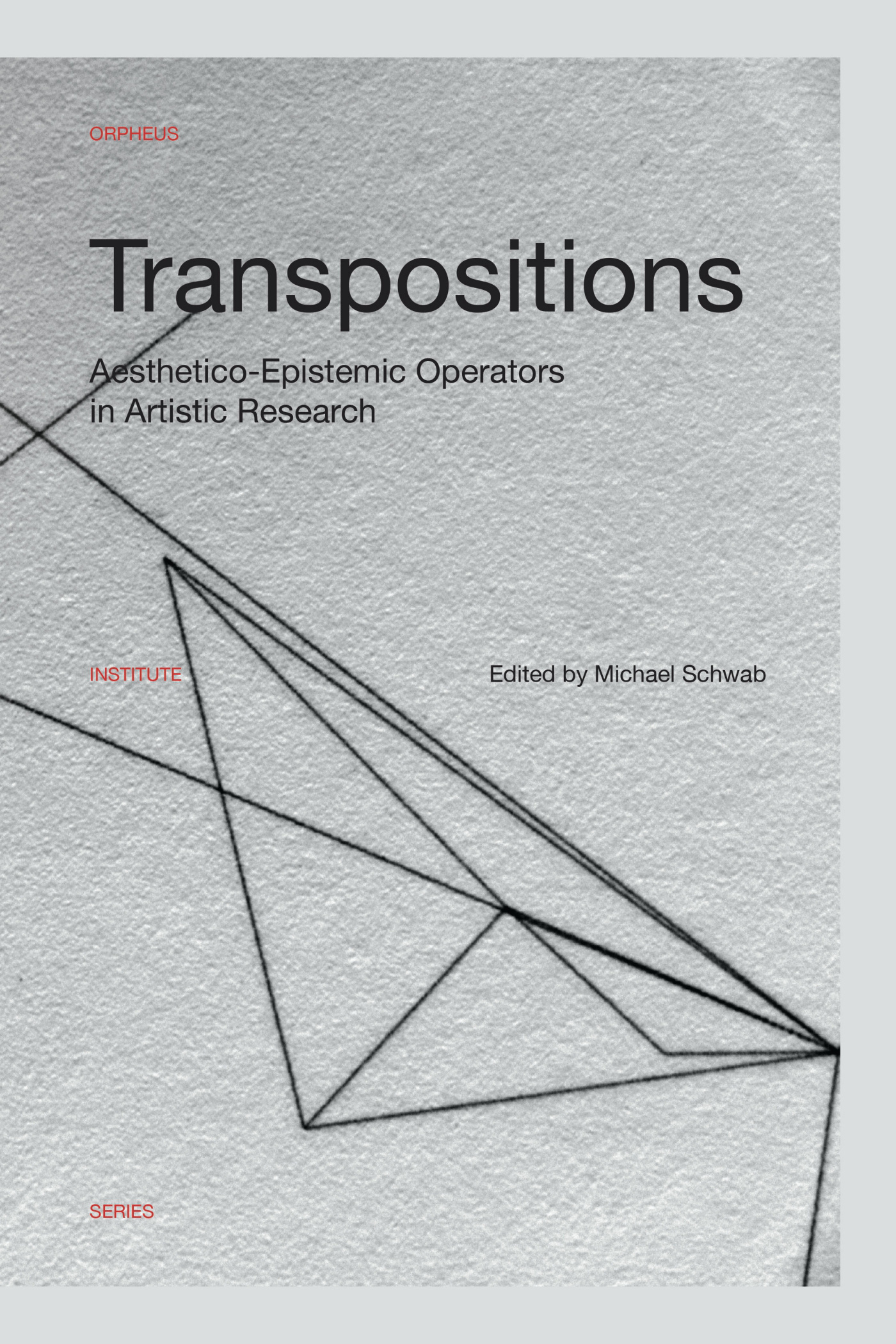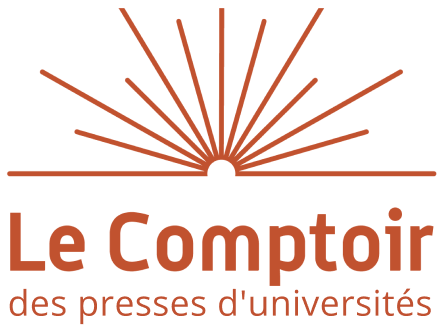
Transpositions
Aesthetico-Epistemic Operators in Artistic Research
Michael SCHWAB
Résumé
New modes of epistemic relationships in artistic researchResearch is a process thatleads to new insights rupturing the existent fabric of knowledge. To preventthis process from disintegrating, its coherence must be assured. Under theheading transposition, seventeenartists, musicians, and theorists explain how one thing may turn into anotherin a spatio-temporal play of identity and difference that has the power to expandinto the unknown.While it does notattempt to define the still evolving field of artistic research, through theidea of transposition this book aims to grasp a quality increasingly importantto artistic practice because representational approaches have been losingtraction. Taking to heart the lessons of deconstruction, new modes of epistemicrelationships are ...
Lire la suite
FORMAT
Livre broché
45.00 €
Ajout au panier /
